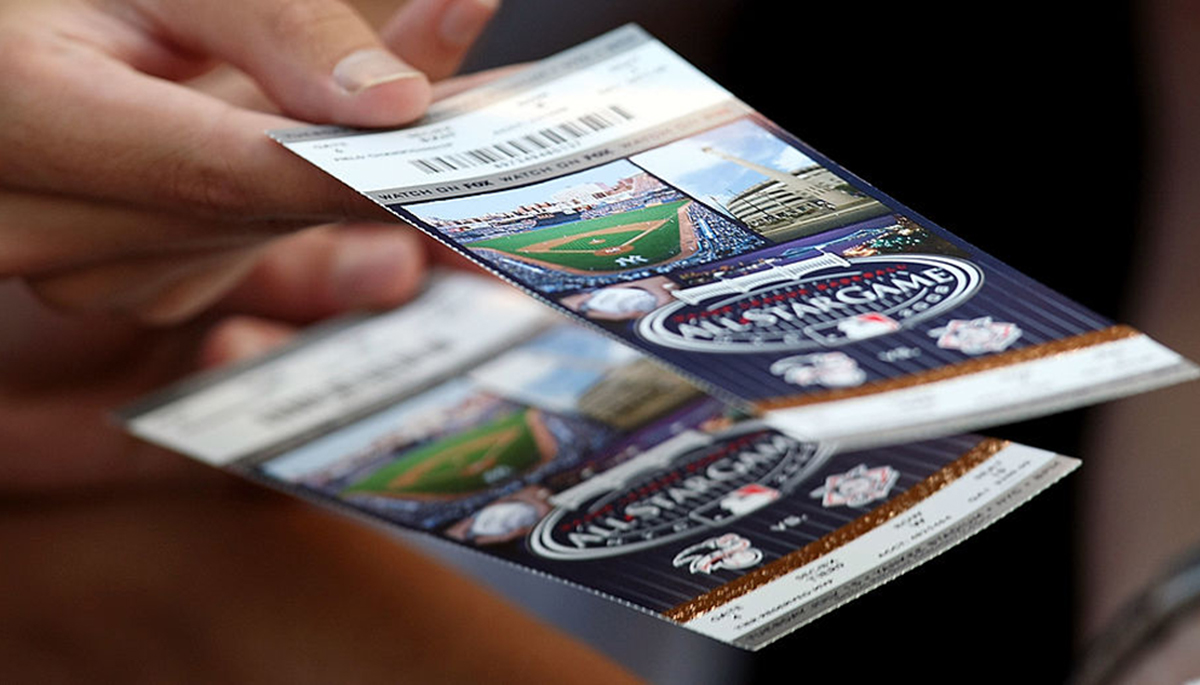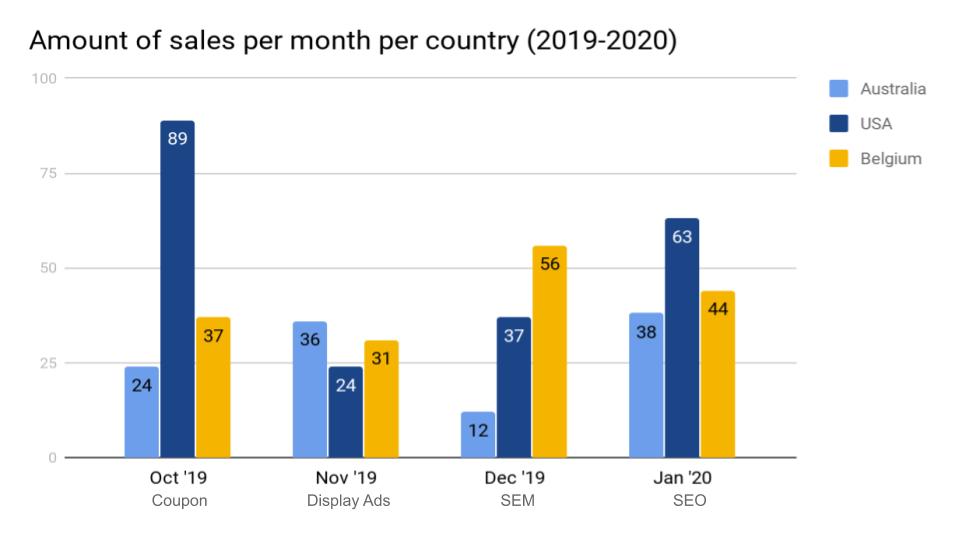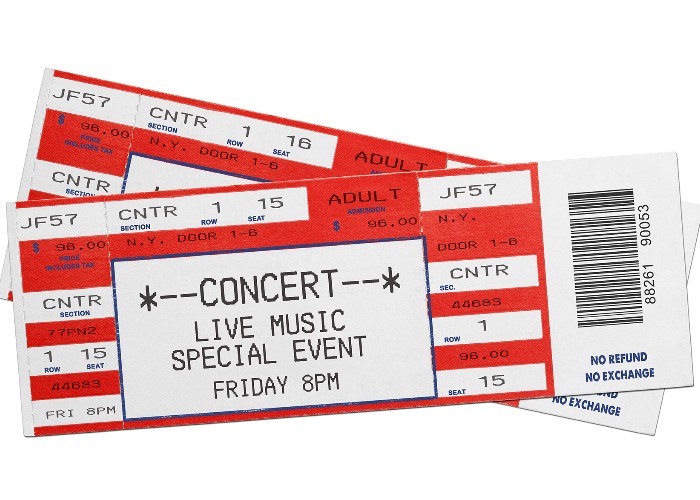Understanding the Resale Concert Ticket Market
The resale concert ticket market is a complex and dynamic industry that involves the buying and selling of concert tickets by third-party vendors. This market is comprised of various types of tickets, including primary tickets sold by the venue or artist, and secondary tickets sold by ticket brokers, online marketplaces, and individual sellers. To navigate this market effectively, it’s essential to understand the different types of tickets, ticketing websites, and the role of ticket brokers.
Primary tickets are sold by the venue or artist and are typically available through the official website or box office. These tickets are often sold at face value, and the proceeds go directly to the artist or venue. Secondary tickets, on the other hand, are sold by third-party vendors and can be found on online marketplaces, ticket broker websites, or through individual sellers. These tickets are often sold at a markup, and the prices can fluctuate based on demand.
Ticket brokers play a significant role in the resale concert ticket market. They act as intermediaries between buyers and sellers, often purchasing tickets at face value and reselling them at a profit. Ticket brokers can be found online or in-person, and they often specialize in specific types of events or venues.
Online marketplaces, such as StubHub, Vivid Seats, and eBay, have also become popular platforms for buying and selling resale concert tickets. These websites provide a convenient and secure way for buyers and sellers to connect, and they often offer features such as price matching, ticket guarantees, and customer support.
When buying resale concert tickets, it’s essential to understand the market dynamics and how they impact ticket prices. By knowing the different types of tickets, ticketing websites, and the role of ticket brokers, buyers can make informed purchasing decisions and avoid common pitfalls. In the next section, we’ll explore the importance of timing when buying resale concert tickets and provide tips on how to get the best deals.
How to Time Your Purchase for Maximum Savings
Timing is everything when it comes to buying resale concert tickets. Ticket prices can fluctuate significantly over time, and knowing when to buy can make all the difference in getting the best deal. To maximize savings, it’s essential to understand how ticket prices change over time and use tools like price charts and ticket price tracking websites to inform purchasing decisions.
Ticket prices tend to follow a predictable pattern. When tickets first go on sale, prices are often at their highest due to high demand. As the event approaches, prices may drop as sellers become more desperate to unload their tickets. However, prices can also spike again in the days leading up to the event as last-minute buyers scramble to find tickets.
To take advantage of these price fluctuations, buyers can use tools like price charts and ticket price tracking websites. These tools provide a visual representation of ticket price trends over time, allowing buyers to identify patterns and make informed purchasing decisions. For example, if a buyer notices that ticket prices for a particular event tend to drop in the weeks leading up to the show, they can wait to buy until prices reach their lowest point.
Another strategy for timing purchases is to look for events with low demand. If an event is not selling well, ticket prices may be lower, and buyers can snag a good deal. Conversely, events with high demand, such as those featuring popular artists or festivals, tend to have higher ticket prices.
Using data to inform purchasing decisions is also crucial. Websites like TicketIQ and SeatGeek provide detailed analysis of ticket price trends and can help buyers identify the best time to buy. These websites also offer features like price alerts, which notify buyers when ticket prices drop or reach a certain threshold.
By understanding how ticket prices change over time and using tools like price charts and ticket price tracking websites, buyers can make informed purchasing decisions and maximize their savings. In the next section, we’ll explore the impact of demand on ticket prices and how to use this knowledge to get the best deals.
The Impact of Demand on Ticket Prices
Demand plays a significant role in determining ticket prices for resale concert tickets. When demand is high, ticket prices tend to increase, and when demand is low, ticket prices tend to decrease. Understanding how demand affects ticket prices can help buyers make informed purchasing decisions and get the best deals.
Popular artists, festivals, and holidays tend to drive up demand for concert tickets. For example, tickets for a Taylor Swift concert or a music festival like Coachella often sell out quickly and command high prices. Similarly, tickets for concerts scheduled during holidays like New Year’s Eve or Fourth of July tend to be more expensive due to increased demand.
On the other hand, less popular artists or concerts scheduled during off-peak seasons tend to have lower demand and lower ticket prices. For instance, tickets for a concert by a lesser-known artist or a show scheduled on a weekday during the off-season may be significantly cheaper than tickets for a popular artist or a weekend show during peak season.
Buyers can use this knowledge to their advantage by targeting concerts with lower demand. For example, instead of buying tickets for a popular artist’s concert, buyers may consider purchasing tickets for a lesser-known artist’s show. Similarly, buyers may look for concerts scheduled during off-peak seasons or on weekdays to get better deals.
It’s also essential to consider the venue’s capacity and the number of tickets available when assessing demand. If a concert is scheduled at a large venue with many tickets available, demand may be lower, and ticket prices may be more affordable. Conversely, if a concert is scheduled at a smaller venue with limited tickets available, demand may be higher, and ticket prices may be more expensive.
By understanding how demand affects ticket prices, buyers can make informed purchasing decisions and get the best deals. In the next section, we’ll explore how to use data to your advantage when buying resale concert tickets.
Using Data to Your Advantage: Ticket Price Trends and Analysis
When it comes to buying resale concert tickets, data can be a powerful tool in your arsenal. By analyzing ticket price trends and using data-driven insights, you can make informed purchasing decisions and snag the best deals. In this section, we’ll explore how to use ticket price trends and analysis tools to your advantage.
One of the most popular tools for analyzing ticket price trends is TicketIQ. This platform provides detailed analysis of ticket prices, including historical data, price charts, and trend analysis. By using TicketIQ, you can track ticket prices over time, identify patterns, and make data-driven purchasing decisions.
Another tool for analyzing ticket price trends is SeatGeek. This platform provides a comprehensive database of ticket prices, including data on ticket prices, seat locations, and seller information. By using SeatGeek, you can compare ticket prices across different sellers, identify the best deals, and make informed purchasing decisions.
When using ticket price trends and analysis tools, it’s essential to consider the following factors:
Historical data: Analyze historical data to identify patterns and trends in ticket prices. This can help you understand how ticket prices have fluctuated over time and make informed purchasing decisions.
Price charts: Use price charts to visualize ticket price trends and identify patterns. This can help you understand how ticket prices are changing over time and make data-driven purchasing decisions.
Trend analysis: Use trend analysis to identify patterns and trends in ticket prices. This can help you understand how ticket prices are likely to change in the future and make informed purchasing decisions.
By using ticket price trends and analysis tools, you can gain a competitive edge in the resale concert ticket market. By making data-driven purchasing decisions, you can snag the best deals and save money on resale concert tickets.
Avoiding Scams and Ensuring Ticket Authenticity
When buying resale concert tickets, it’s essential to be aware of the risks of scams and counterfeit tickets. Scammers often target unsuspecting buyers, selling them fake or invalid tickets. To avoid falling victim to these scams, it’s crucial to take steps to ensure ticket authenticity.
One of the most effective ways to ensure ticket authenticity is to verify the seller’s credentials. Look for sellers who are members of reputable ticketing associations, such as the National Association of Ticket Brokers (NATB) or the International Ticketing Association (INTIX). These organizations have strict guidelines and codes of conduct that their members must follow, which can help to ensure that tickets are authentic and valid.
Another way to ensure ticket authenticity is to use secure payment methods. Avoid using cash or wire transfers, as these can be difficult to track and may not offer any protection if the tickets are fake or invalid. Instead, use credit cards or online payment services like PayPal, which offer some level of protection against scams.
It’s also essential to be cautious when buying tickets from individual sellers. While many individual sellers are legitimate, some may be scammers. Be wary of sellers who are pushing for a quick sale or who are unwilling to provide detailed information about the tickets. It’s also a good idea to check the seller’s feedback and ratings on the ticketing website or marketplace.
In addition to verifying the seller’s credentials and using secure payment methods, it’s also important to be aware of the warning signs of a scam. These can include:
Unusually low prices: If the price of the tickets is significantly lower than the market value, it may be a scam.
Urgent sales: Scammers often try to create a sense of urgency to get the buyer to make a quick decision. Be wary of sellers who are pushing for a quick sale.
Lack of transparency: Scammers may be unwilling to provide detailed information about the tickets or the sale. Be wary of sellers who are evasive or secretive.
By being aware of these warning signs and taking steps to ensure ticket authenticity, you can avoid falling victim to scams and ensure that your resale concert ticket purchase is safe and secure.
Navigating Ticketing Websites and Marketplaces
When it comes to buying resale concert tickets, there are several ticketing websites and marketplaces to choose from. Each platform has its own pros and cons, including fees, user interfaces, and customer support. In this section, we’ll review some of the most popular ticketing websites and marketplaces, including StubHub, Vivid Seats, and eBay.
StubHub is one of the most popular ticketing websites, with a wide selection of resale concert tickets. The platform is user-friendly, with a simple and intuitive interface that makes it easy to find and purchase tickets. However, StubHub charges a service fee, which can range from 10% to 15% of the ticket price.
Vivid Seats is another popular ticketing website, with a wide selection of resale concert tickets. The platform offers a price match guarantee, which means that if the ticket price drops after purchase, Vivid Seats will refund the difference. However, Vivid Seats also charges a service fee, which can range from 10% to 15% of the ticket price.
eBay is a popular online marketplace that also offers resale concert tickets. The platform allows buyers to purchase tickets from individual sellers, which can be a good option for those looking for hard-to-find tickets. However, eBay charges a service fee, which can range from 8% to 12% of the ticket price.
When navigating ticketing websites and marketplaces, it’s essential to be aware of the fees and charges associated with each platform. It’s also important to read reviews and check the seller’s ratings before making a purchase. Additionally, be sure to understand the return and refund policies of each platform, in case you need to cancel or return your tickets.
In addition to the popular ticketing websites and marketplaces mentioned above, there are also several other options to consider. These include:
Ticketmaster: Ticketmaster is a popular ticketing website that offers a wide selection of resale concert tickets. The platform charges a service fee, which can range from 10% to 15% of the ticket price.
Live Nation: Live Nation is a popular ticketing website that offers a wide selection of resale concert tickets. The platform charges a service fee, which can range from 10% to 15% of the ticket price.
SeatGeek: SeatGeek is a popular ticketing website that offers a wide selection of resale concert tickets. The platform charges a service fee, which can range from 10% to 15% of the ticket price.
By understanding the pros and cons of each ticketing website and marketplace, you can make informed purchasing decisions and find the best deals on resale concert tickets.
Expert Strategies for Snagging Last-Minute Deals
When it comes to buying resale concert tickets, timing is everything. Sometimes, the best deals can be found at the last minute, when sellers are desperate to unload their tickets. In this section, we’ll share expert strategies for snagging last-minute deals on resale concert tickets.
One of the most effective ways to find last-minute deals is to use price alerts. Many ticketing websites and marketplaces offer price alerts, which notify you when the price of a ticket drops. By setting up price alerts, you can stay on top of price fluctuations and snag a deal when the price drops.
Another strategy for finding last-minute deals is to follow ticket sellers on social media. Many ticket sellers use social media to promote their tickets and offer special deals to their followers. By following ticket sellers on social media, you can stay informed about last-minute deals and promotions.
Being prepared to act quickly is also essential when it comes to snagging last-minute deals. When you find a deal, be prepared to act quickly, as last-minute deals can disappear quickly. Make sure you have all the necessary information, such as your credit card and ticketing website login, ready to go.
Additionally, consider using last-minute deal websites and apps, such as Last Minute Tickets or TicketIQ, which specialize in last-minute deals on concert tickets. These websites and apps often have a wide selection of last-minute deals on concert tickets, and can be a great resource for finding cheap tickets.
Finally, don’t be afraid to negotiate with ticket sellers. If you’re buying tickets from an individual seller, try negotiating the price. Many sellers are willing to negotiate, especially if they’re desperate to unload their tickets.
By using these expert strategies, you can snag last-minute deals on resale concert tickets and save money. Remember to always be prepared to act quickly, and don’t be afraid to negotiate with ticket sellers.
Maximizing Your Savings: Additional Tips and Tricks
In addition to the strategies outlined above, there are several other ways to save money when buying resale concert tickets. In this section, we’ll provide additional tips and tricks for maximizing your savings.
One way to save money is to use coupon codes. Many ticketing websites and marketplaces offer coupon codes that can be used to reduce the price of tickets. These codes can be found on the website’s homepage, on social media, or through email newsletters.
Another way to save money is to take advantage of price matching policies. Some ticketing websites and marketplaces offer price matching policies, which guarantee that the ticket price will be matched if it drops after purchase. This can be a great way to ensure that you’re getting the best deal on your tickets.
Considering alternative ticket options is also a great way to save money. Ticket lotteries and ticket exchanges are two options that can provide affordable tickets to popular concerts. Ticket lotteries allow fans to enter a drawing for tickets at face value, while ticket exchanges allow fans to buy and sell tickets at market value.
Finally, being flexible with your concert plans can also help you save money. Consider attending a concert on a weekday instead of a weekend, or look for concerts that are scheduled during the off-season. These concerts may have lower ticket prices due to lower demand.
By using these additional tips and tricks, you can maximize your savings and get the best deal on resale concert tickets. Remember to always be flexible, use coupon codes, and take advantage of price matching policies to ensure that you’re getting the best value for your money.






